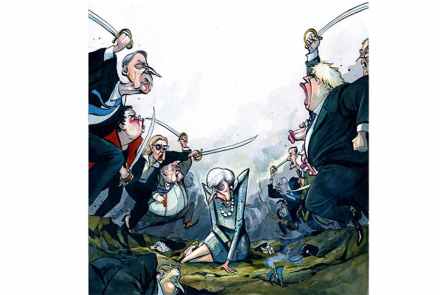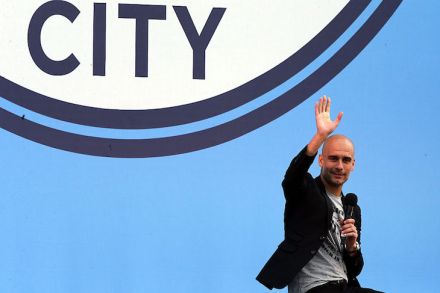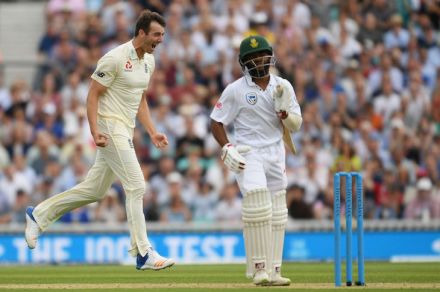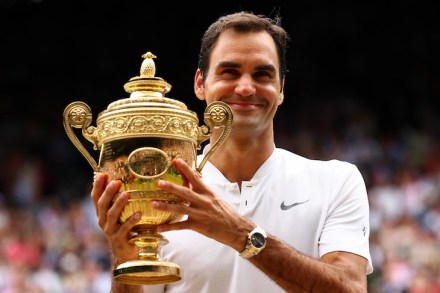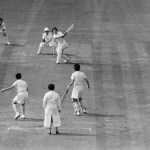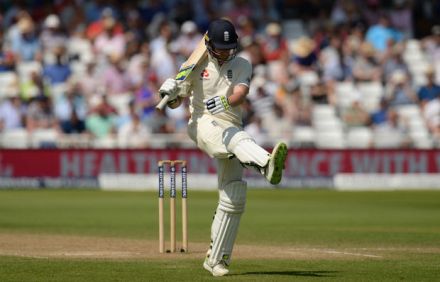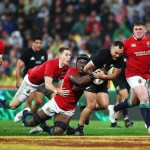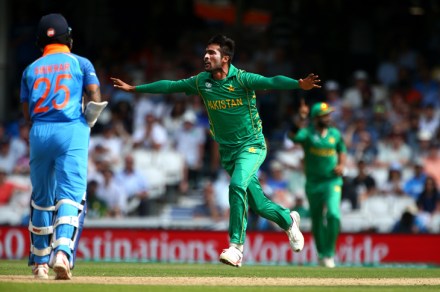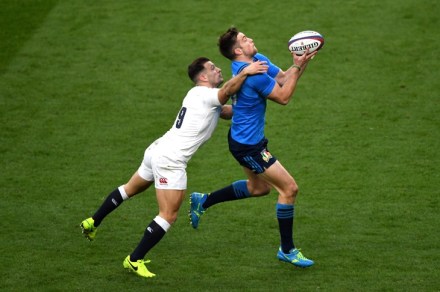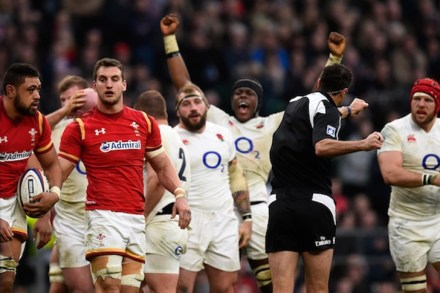Death hovers over the scrum
Rugby’s autumn internationals are almost upon us and dark thoughts hover over lovers of the sport. One day soon a professional rugby player will die playing the game. The players are fitter, bigger, stronger, faster and too powerful and it is no longer a 15-man game. It is a 23-man game: more than half the team gets replaced so the intensity and impact never subsides. Rule changes around the breakdown to encourage attack have had the opposite effect, meaning that defences line up across the pitch, no space is created and every game is 80 minutes of unsustainable collisions. Seasons go on longer, players get no rest and they keep




